Where does our food come from, anyway? Sustainable ag systems
Lessons
# Agriculture as a System
Students organize inputs, outputs, and storages of a farming operation.
Files
# Create a Case Study
Research background about farming and practice the skills to conduct interviews that will lead to writing a case study about a local farmer.
Files
# Water, Soil and Human Impacts
Investigate various aspects that impact water quality, compare two areas with different impacts through the use of GoogleEarth and discover the two types of phosphate that can cause harmful algae blooms (HABs). After investigating, design an experiment to test one of the impacts on water or soil.
Files
Teacher background
Although we have been farming for a large part of human history, modern farming is a complicated process. Fewer than 1% of the United States workers are farmers. Farming has its own jargon and culture and it is big business for many farmers in today’s economy. Watch this video to see why a farmer continues to farm. Decisions must be made based on economics and the environment. If costs of tilling and planting outweigh the yield from a field of corn, wheat or soybeans, the farmer cannot continue to do the same things the following year. There are many unknowns and factors that are out of the control of the farmer, as well: weather factors in particular. All the while, growers must maintain the fertility of the soil and protect the quality of the water, as those are the resources they depend upon most.
Next gen science standards
Science and engineering practices
- Asking questions (for science) and defining problems (for engineering)
- Analyzing and interpreting data
- Obtaining, evaluating, and communicating information
Crosscutting concepts
- Cause and effect
- Systems and system models
- Structure and function
Disciplinary core ideas/content
- ESS2A Earth materials and systems
- ESS3A Natural resources
- ESS3C Human impacts on Earth systems
- LS1B Growth and development of organisms
- LS2A Interdependent relationships in ecosystems
- LS2B Cycles of matter and energy transfer in ecosystems
- ETS1B Developing possible solutions
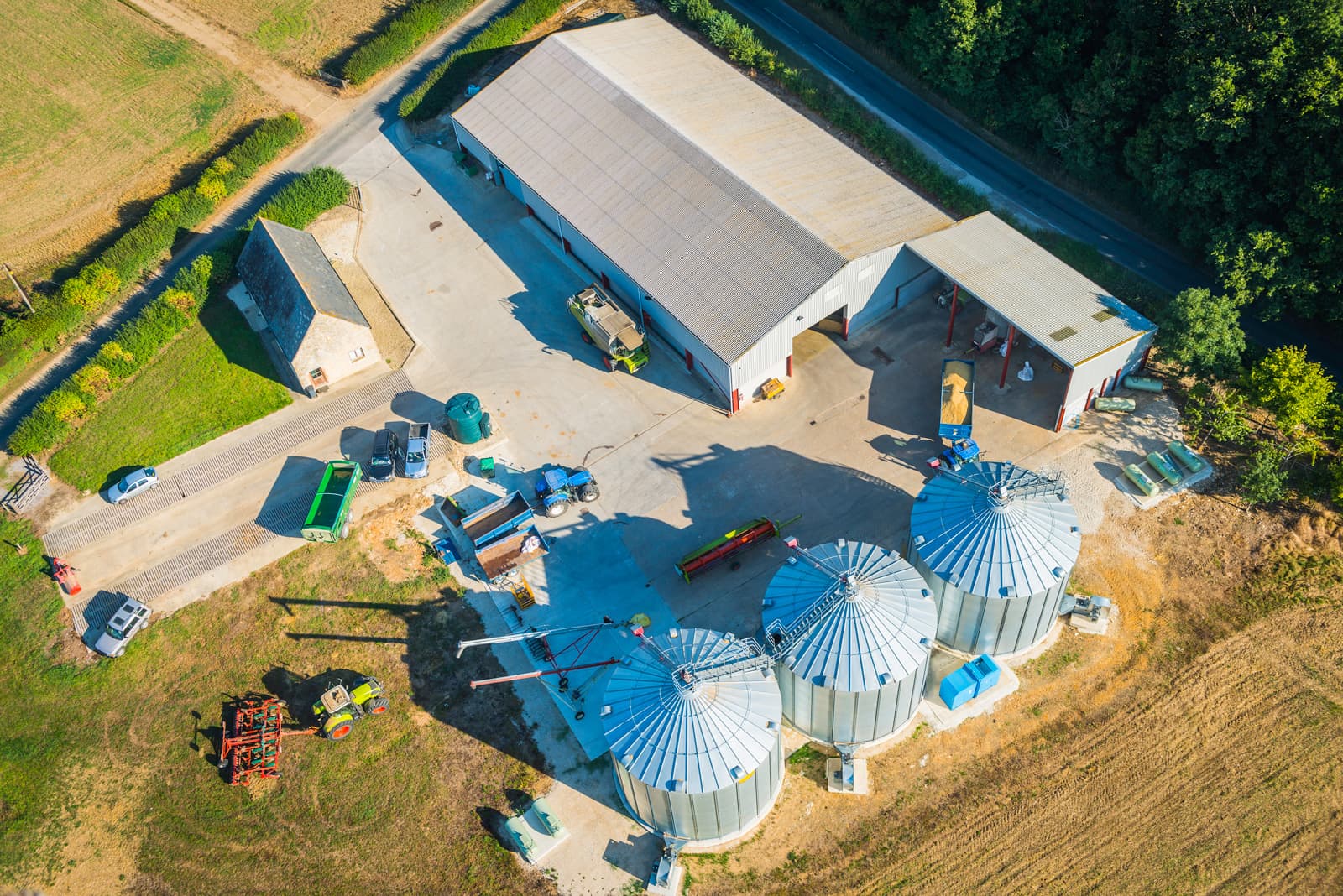

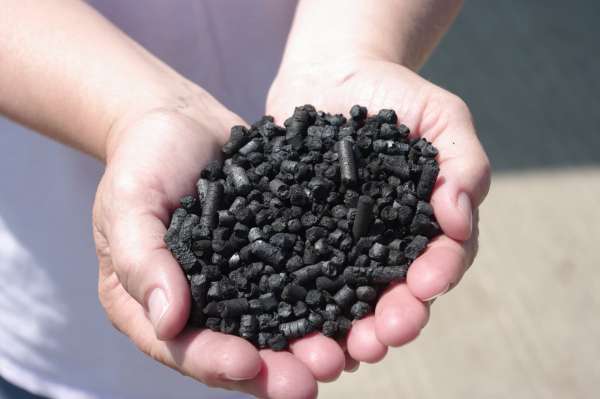
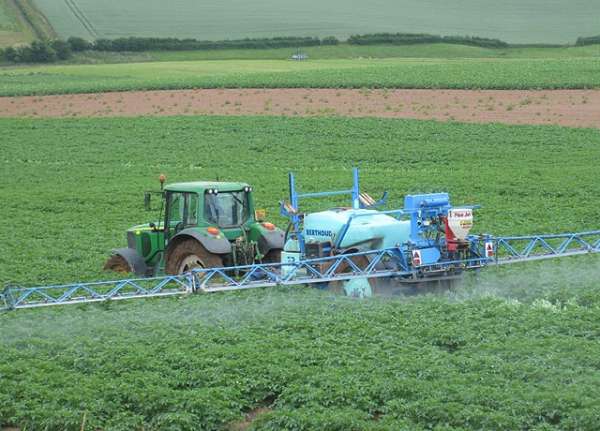
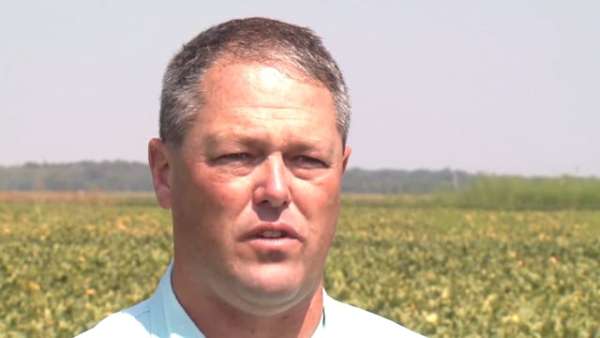
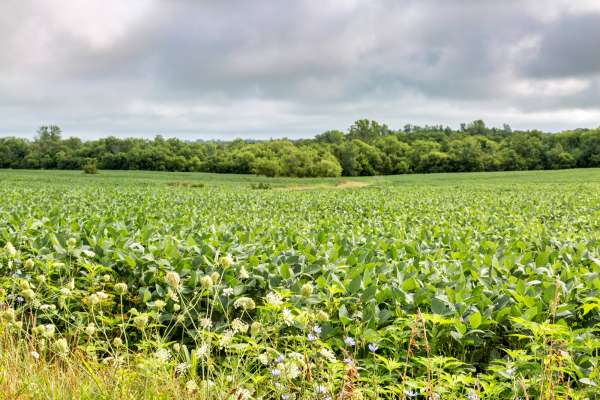
Share this